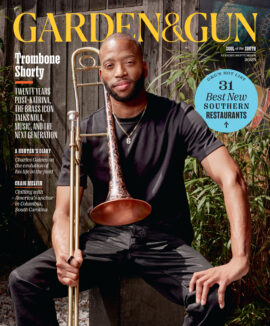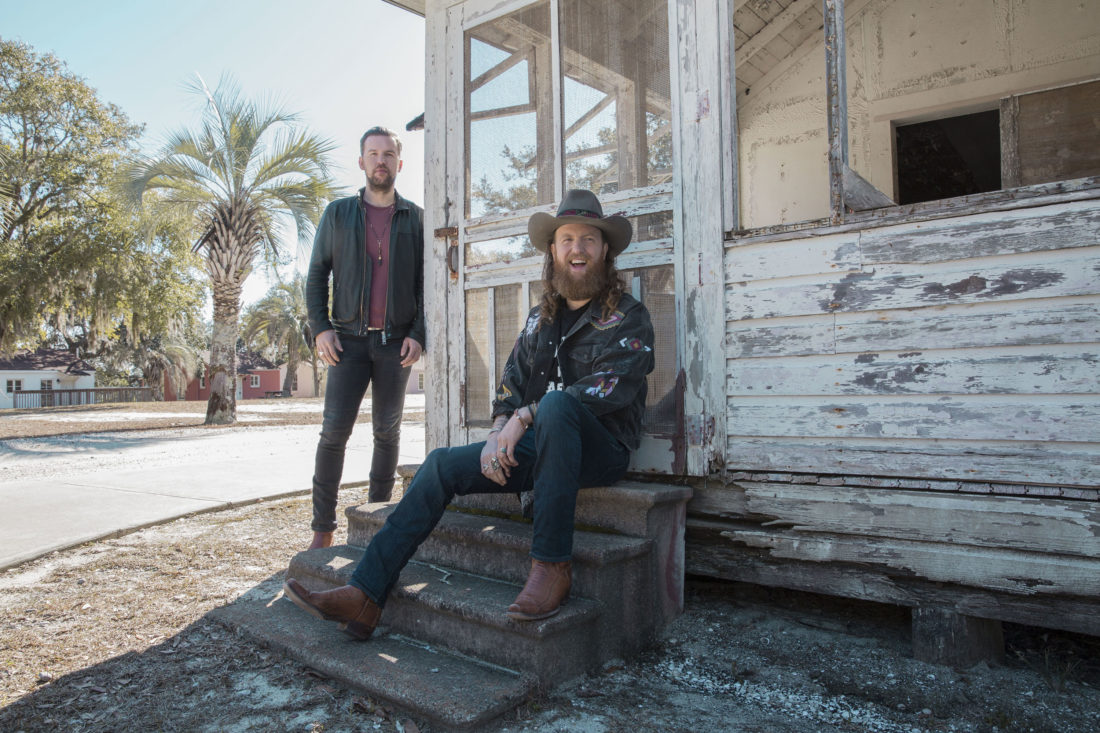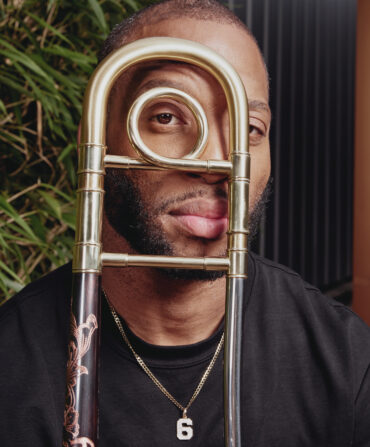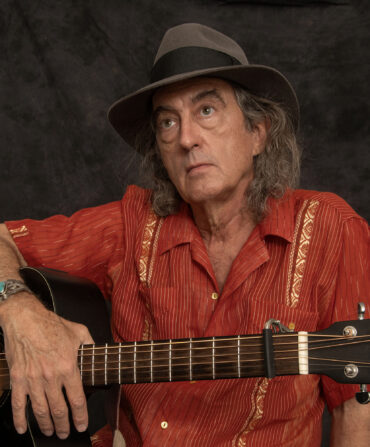“When we say we’re from Maryland, the response is always, ‘Oh wow—I didn’t know there was country music there,’” laughs John Osborne, the bearded guitar-slinging half of hit country duo Brothers Osborne. We’re talking about their forthcoming album, Port Saint Joe—the hotly anticipated follow-up to the 2016’s Pawn Shop, and another place far outside Nashville’s orbit. John and his brother TJ may call Music City home now, but they still enjoy pushing country’s boundaries—listen for their harder-rocking side in songs like “Ain’t My Fault,” or look for their inclusive perspective in music videos like “Stay a Little Longer.”
For Port Saint Joe, they wanted to maintain their own unique approach, so the pair fled Nashville in favor of the open water and coastal views of the tiny Florida beach town of the same name. Garden & Gun caught up with the brothers about the recording process, the way their hometown shaped them, and what being an artist means in today’s country music culture. Read the interview and watch an exclusive clip of the brothers discussing the album below.
How and why did you find yourselves in Port Saint Joe, and what made it an important enough place to name the album after it?
John: We took the bus from a gig straight to Port Saint Joe. As soon as we unloaded our gear, the bus took off, and from that point forward, it really was like we weren’t thinking at all. When you’re creating art, your brain can be your worst enemy: you’ve spent your life practicing and getting down in the details. When the time comes to make creative decisions, the more you think, the more it starts negatively impacting your work. That’s why we went to Florida—to get away from all of the things that would distract us and just enjoy ourselves.
TJ: When I leave the studio in Nashville, I return to my regular life. But then I have to go back the next day and turn on the weird creative part of my brain. Those two parts of your brain are just very different, and constantly flipping the switch on and off is difficult. Being able to leave town and be somewhere I could stay focused allowed us to get lost in the music. It was great to be in that headspace when we were recording—not to mention that when the tensions start to rise in the studio, as they always do, it didn’t hurt to walk outside and be at the beach.
I’m sure that was relaxing—especially since you grew up by the water. What was your hometown in Maryland like?
TJ: We’re from a little water town, a small fishing community called Deale. It’s where we lived all the way up until we moved to Nashville.
John: We grew up on the water—it is full-on country music town, but a little fewer cows and a lot more fish. We rode around on trucks and we rode around on boats.
TJ: That’s where we first started cutting our teeth playing music. We’d go to the local bars here and play a couple sets here and there—caught the live performance bug, so to speak.
WATCH: Brothers Osborne discuss the recording process
What pushed you to make the move to Nashville?
John: One of our biggest influences growing up was our parents. They would sit around the house singing songs. We watched them write songs—and yes, that was back when you actually had to write songs, because there wasn’t a computer around to type or record them. It was just a very musical household. That was a big part of our life growing up. When we wanted to get into music professionally, it was a no brainer for them. We’re certainly very lucky for that.
What’s one of your favorite parts of the new album—something you’re excited to share with fans?
TJ: We made this record as one body of work. I like to play people the first four songs all together, because they tie into each other almost in the way a concept record does. The first single, “Shoot Me Straight,” has a really odd ending. But what people don’t realize is that it is that way because it actually goes straight into the next song. We wanted the record just to be an open-ended, evolving, track that just bled into the other songs. I like that it makes sense to listen to the whole album as opposed to these little stamps of songs here and there.
You’ve been in the spotlight for more than just your music—you helped to honor the victims of the Vegas shooting at the Grammy awards, and you’ve included messages about acceptance in your music videos and art. As a musician, how does your role or responsibility evolve during tragic or divisive times?
John: The musician’s role and artist’s role at the end of the day is just to give people an escape for a moment. Sometimes life can be a trial. When I was a kid, I listened to music just to get away from it all. It was therapy—very cheap therapy, mind you. That’s why I played it, too. I’m still convinced, to this day, that music has saved my life on multiple occasions. That’s the most tragic thing about the Route 91 Harvest shooting. That was a moment for everyone to get away, and the most horrific possible thing happened to them that night. It’s something that will stick with us, and it should stick with us, forever.
TJ: You try to be a part of the healing process—help people turn off, realize life is still going to go on, and help them cope in some way. But at the same time, we try not to take for granted the fact that we do have a platform to hopefully bring some good change. There are obviously a lot of divisive opinions going around, and ultimately our allegiances are to the victims and to our fans and just trying to figure out how, in any way, we can help—whether that comes in the form of trying to persuade change or just letting someone know that we have their back.








